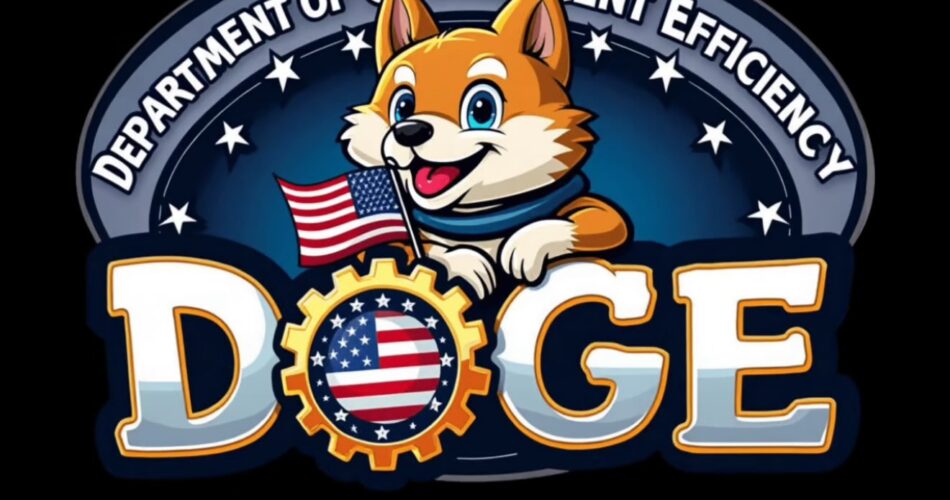The entire world has been taken by storm since D.O.G.E. (Department of Government Efficiency) was introduced in the Trump Administration in the United States. It’s not that ideas like DOGE have surfaced for the first time, but what is surprising is that DOGE in the Trump Administration is functioning with an alarming sense of urgency. The function of DOGE is apparently to trim bureaucracy, cut governmental expenses, and consequently enhance the efficiency of governmental bodies.
In this age of AI, DOGE makes a lot of sense. When you have AI tools available that can literally find inefficient or useless items or inventory in the government, why not use such tools? I think every government around the world should seriously consider implementing DOGE-like initiatives in their respective jurisdictions. Efficiency is the name of the game. Imagine you have a very well-intentioned government, but because of the past baggage and humongous running expenses it incurs, despite the best of intentions, it is not able to deliver optimum results.
As Elon Musk says, D.O.G.E. is providing tech support to the Trump Administration. That is exactly what DOGE is. It leverages technology and AI to find bottlenecks in administration and also to find smart solutions to remove them.
We need to understand that by working on less productive things, we are actually wasting our human resources. Governmental employees need to work on important things and not on mundane tasks. Paperwork is one of the biggest culprits here. For many governmental schemes, the paperwork is bigger than the actual scheme itself. For example, if a patient wants to avail free healthcare in a government hospital in India, sometimes the paperwork for providing free healthcare, even for the pettiest of diseases, might run into hundreds of pages and might involve filling out the same entries and data points at multiple places. This is a criminal waste of time, and if such time is saved, employees can focus on much more fruitful and meaningful tasks. Sometimes doctors have to fill endless forms before providing treatment to a patient. All these things can be reduced by introducing DOGE-like initiatives.
DOGE-like initiatives would also be very beneficial for legal and judicial systems. The biggest problem of judicial systems in developing countries like India is the pendency of cases. There are too few judges and too many cases. Also, the procedure to resolve disputes is often complex. If we want to increase overall global efficiency levels, all jurisdictions must implement DOGE-like initiatives at the earliest. They can also collaborate with each other and figure out the best practices in this regard.
I will talk about all such problems and the potential solutions in my upcoming posts.

